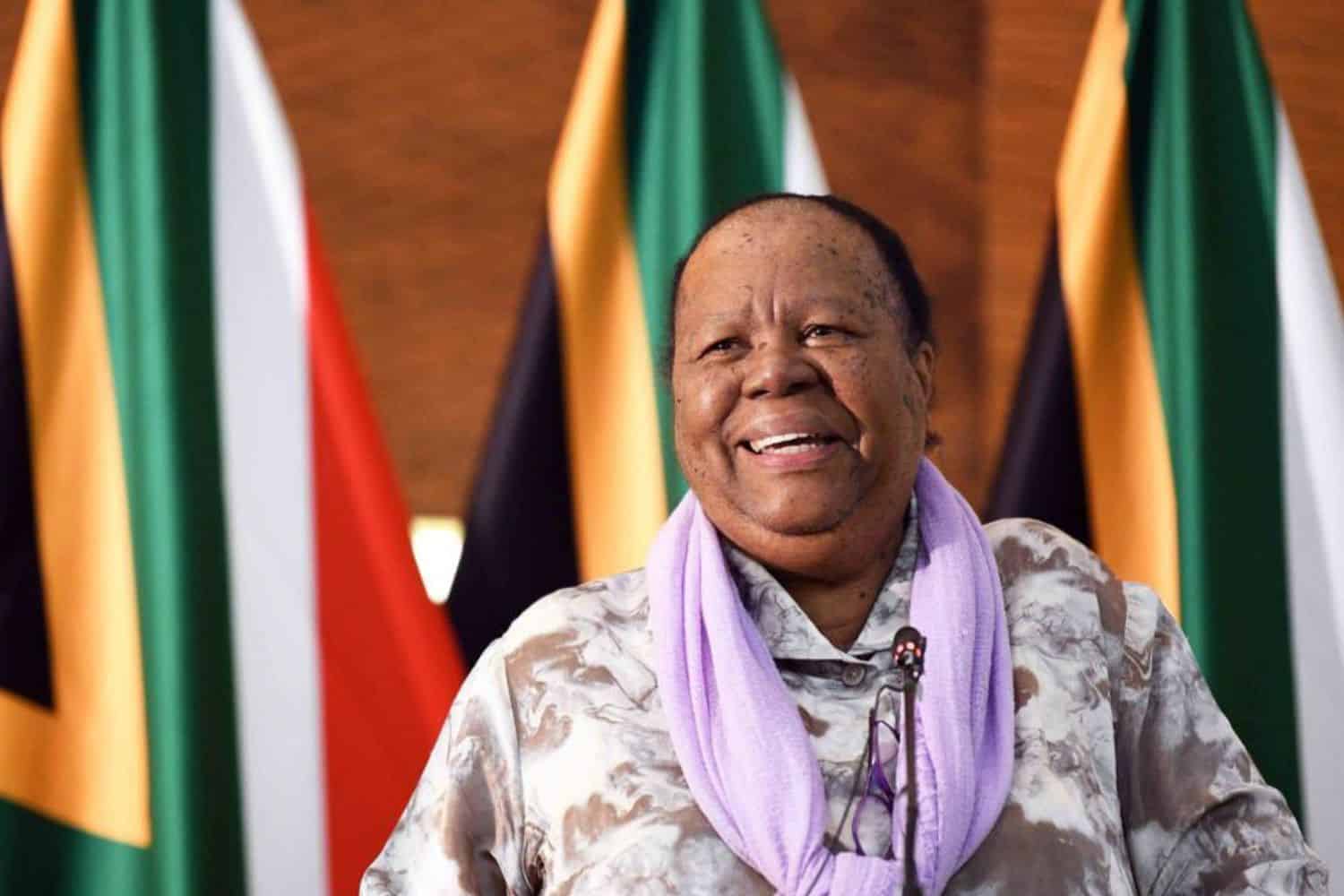Some were pushed out, while others redefined themselves outside politics.
2024 brought loads of uncertainty for politicians and political parties.
There was the emergence of the MK party, alongside politicians who quit their organisations for others, those who left for new opportunities, and some who retired from their political roles “to rest”.
Among those who did not make themselves available for deployment after the 29 May elections were former finance minister Tito Mboweni and former public enterprises minister Pravin Gordhan, who, unfortunately, later passed away due to ill health.
ALSO READ: SA doesn’t need pouting politicians
Former police minister Bheki Cele and former Cogta minister Nkosazana Dlamini-Zuma also did not make themselves available for deployment but remain active members of the ANC NEC.
In or out?
Former tourism minister Lindiwe Sisulu, although still a member of the ANC NEC, is one of President Cyril Ramaphosa’s vocal critics.
Sisulu contested against Ramaphosa in 2022, lost and also did not make the Cabinet cut.
ALSO READ: Politicians’ medical costs draw fire amid public health crisis
On 11 September, Sisulu met with Russian Foreign Minister Sergey Lavrov, who described her as “a prominent South African public and political figure”.
Sisulu was there to participate in the ceremony to award the Leo Tolstoy International Peace Prize as a jury member.
“The discussion focused on current issues pertaining to further strengthening the traditionally friendly relations between Russia and South Africa, including the development of inter-party and inter-parliamentary ties and building up mutually beneficial trade, economic and humanitarian cooperation, as well as opportunities for deepening foreign policy coordination within Brics, the G20 and the United Nations,” said Lavrov in a statement.
Sisulu is now a patron of the Sisulu Foundation for Social Justice. It was founded in memory of her parents, Walter and Albertina Sisulu.
ALSO READ: Sisulu calls on black parties to unite to prevent ANC-DA coalition
Its official launch was on 31 October on Robben Island.
These are some of the politicians who have decided to focus on pursuits outside of politics.
Naledi Pandor
In February, then-international relations and cooperation (Dirco) minister Naledi Pandor first hinted at her retirement during an ANC event in support of ANC MPL Khalid Sayed in Cape Town.
Although still an active member of the ANC, Pandor mostly disappeared from the political scene, only to be appointed as the new chair of the Nelson Mandela Foundation on 23 September.
ALSO READ: Naledi Pandor appointed chairperson of Nelson Mandela Foundation
Pandor is the third person to hold the position since Nelson Mandela established the organisation in 1999. Her tenure began on 1 October 2024.
“I am both honoured and delighted to be entrusted with this role.
“In a world facing so many complex challenges, mobilising Madiba’s legacy becomes more important than ever.
“I believe that the Nelson Mandela Foundation is doing critically important work in the social justice space, and I am looking forward to making a meaningful contribution,” said Pandor upon her appointment.
Ghaleb Cachalia
Ghaleb Cachalia was a DA member in good standing for years before calling it quits over the conflict in Gaza.
“I will not be silenced. Israel is committing Genocide. Full bloody stop!” is the tweet that started it all for the two parties in October 2023.
Cachalia resigned as an MP and from the party in June 2024.
ALSO READ: Steenhuisen axes Cachalia from shadow cabinet for views on Israel-Palestine conflict
The party, however, said at the time that Cachalia’s issues stemmed not from his views but from a “mischaracterisation of the party’s position on the war in Gaza” and “disrespect” for party processes.
“It is important to recognise that, as the most diverse party in South Africa, the DA is home to members from all walks of life with divergent views on various issues,” said the party.
“These views are frequently aired in an atmosphere of mutual respect through the party’s various caucuses, with members respecting the outcomes and decisions resulting from these discussions.”
Cachalia’s name now appears in news publications as he continues to critique the government.
Renaldo Gouws
Renaldo Gouws was appointed to parliament by the DA following the elections on 29 May.
Shortly after, his YouTube videos from years ago resurfaced, where he criticized politicians such as EFF leader Julius Malema.
In the videos, he used racial slurs, though he denied being racist and claimed the words were used as hyperbole.
Gouws argued that the criticism against him ignored the context in which he used them.
He was subsequently dismissed from his parliament role, and his party membership was terminated.
Gouws has since returned to making YouTube videos, claiming his audience has grown since the scandal.
He has made several posts on X and titles them “Confessions of a former politician” in which he shares insights into the inner workings of political parties.
“Certain people are untouchable (for a limited time) within a political party. This goes for every single party in South Africa,” reads one of his posts.
“Some are untouchable and then you get those who are working behind the scenes to make these untouchable individuals removable so that they in turn can make themselves untouchable.”
He also talks about factions, which he says exist in every political party.
Mosiuoa Lekota
The Congress of the People (COPE) co-founder is one of the politicians who called it quits after the 29 May elections.
ALSO READ: Corrupt politicians’ middle finger to taxpayers
His party was launched in 2008 as a breakaway from the ANC after the party’s conference in Polokwane, where Jacob Zuma was chosen over Thabo Mbeki.
More than a decade later, Lekota called it quits.
“At my age I would like to take a rest and it doesn’t matter what I think of myself.
“The very fact that some of the people think that I am going to die any time means it is time that I must give way and give the reins of leadership to someone else,” he told Business Day just before the elections.
